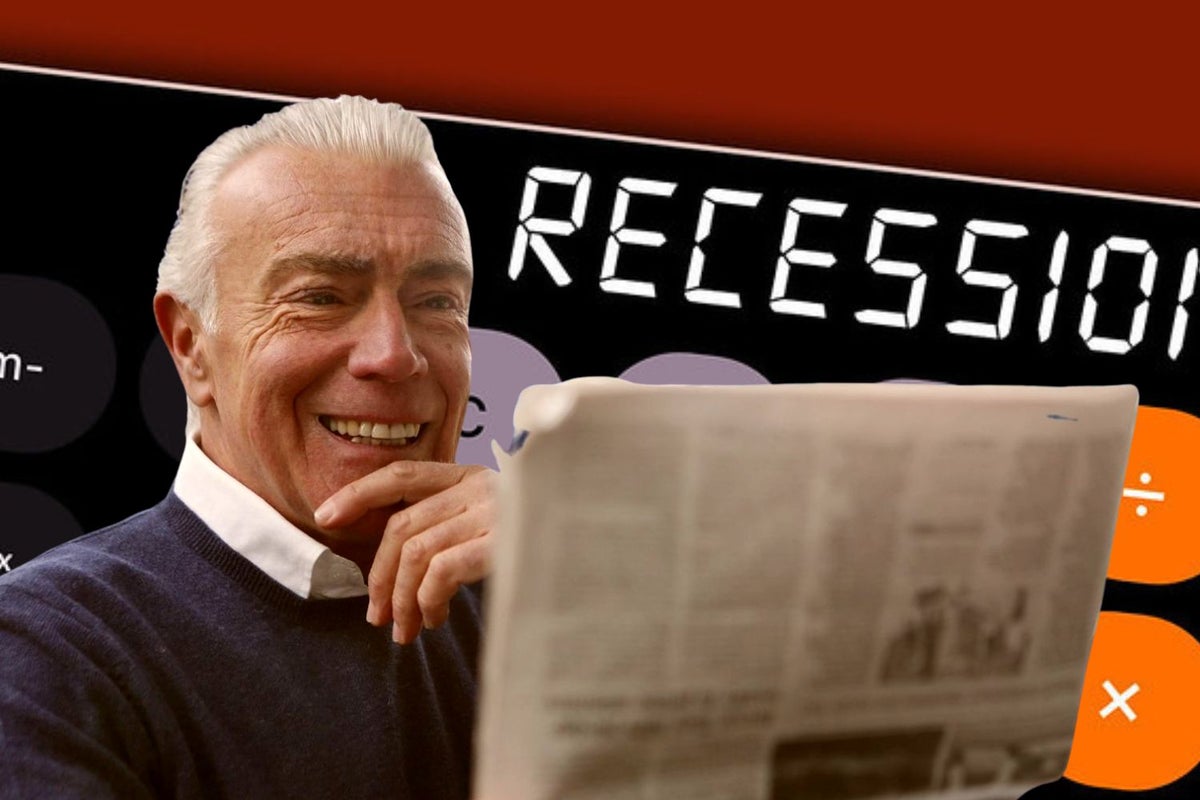
During a recession, investors should seek firms with solid fundamentals and a strong track record of better-than-expected earnings performances. These firms are typically defensive investments in sectors such as consumer staples, utilities, industrials, software technologies, and health care.
Although technology has taken a beating, as the NASDAQ is down roughly 34% year-to-date, this may be an opportune time to buy oversold technology firms that are prepared for a global recession. Software companies tend to do well during a recession, since large corporations will still need software services at their disposal. Here are two large-cap dividend-paying stocks to consider during the downturn.
Home Depot Inc. HD is offering a dividend yield of 2.73% or $7.60 per share annually, conducting quarterly payments, with a notable track record of increasing its dividends for 12 consecutive years. Home Depot is the world’s largest home improvement specialty retailer, operating more than 2,300 warehouse-format stores offering more than 30,000 products in-store and 1 million products online in the United States, Canada, and Mexico.
During the 2008 Financial Crisis, Home Depot outperformed the S&P 500 by roughly 23.9%, as reported by U.S. News & World Report. Although rising interest rates are a risk, the U.S. housing market is in a supply shortage, which benefits Home Depot as “do it yourself” and remodeling projects are not stopping.
Accenture plc ACN is offering a dividend yield of 1.75% or $4.48 per share annually, through quarterly payments, with a decent track record of increasing its dividends for three consecutive years. Accenture is a leading global IT-services firm that provides consulting, strategy, and technology/operational services, to a variety of sectors, including communications, media and technology, financial services, health and public services, consumer products, and resources.
Accenture outperformed the S&P 500 by approximately 29.5% during the 2008 Financial Crisis, per US News. Accenture has a loyal client base, a strong balance sheet, and a long-term track record of above-average earnings performance, allowing the firm to withstand macroeconomic headwinds.








